"N.Korea bars IAEA from all of atom complex"
North Korea barred UN monitoring throughout its Yongbyon nuclear complex in a significant step toward scrapping a disarmament pact with 5 powers, diplomats say.
Thursday, 09.10.2008.
15:12

North Korea barred UN monitoring throughout its Yongbyon nuclear complex in a significant step toward scrapping a disarmament pact with 5 powers, diplomats say. "The monitors were told that as of today, they are out, no more access permitted to any facilities in Yongbyon. But as of now they are still in their guesthouse on the premises," a senior diplomat close to the watchdog International Atomic Energy Agency told Reuters. "N.Korea bars IAEA from all of atom complex" The diplomats, who asked for anonymity as they were not authorized to speak publicly on the confidential matter, said the Vienna-based UN nuclear watchdog was likely to make an announcement later in the day. North Korea acted exactly two years after its first nuclear weapon test which alarmed the world and spurred crisis diplomacy leading to the groundbreaking disarmament pact in February 2007. The reclusive Stalinist state ousted the monitor team from Yongbyon's plutonium-producing plant, kernel of its atom bomb capability, two weeks ago and vowed to start reactivating the Soviet-era facility within days. But at the time Pyongyang let the IAEA continue verifying the shutdown status of other parts of Yongbyon. The IAEA's tools included surveillance cameras and seals placed on equipment. The Yongbyon complex includes the reprocessing plant where bomb-grade plutonium can be extracted from spent fuel rods, a fuel fabrication facility and a 5-megawatt reactor. The nuclear disarmament pact North Korea struck with five regional powers appeared to unravel last month after Pyongyang vowed to rebuild the largely dismantled Yongbyon in anger at not being removed from a U.S. sponsors-of-terrorism blacklist. Washington said it would take the North off the list, bringing economic and diplomatic benefits, once a system had been agreed to verify its statements on its nuclear program. Fuel rods Diplomats had said the next critical step for North Korea toward reviving Yongbyon would be removing IAEA seals from thousands of fuel rods in storage to prepare for reintroducing them into the reprocessing plant. "The monitors were there (at storage sites) but from here on they are out. So the IAEA won't know what the North Koreans are doing any more," said the senior Vienna diplomat. "This (shutdown of IAEA monitoring) was anticipated if things didn't move on the diplomatic front. Now we'll see if things move. Whether the monitors go back depends on someone else negotiating this thing; it's not the IAEA." South Korea Tuesday played down unconfirmed reports that North Korea delivered an ultimatum when it held talks last week with a visiting U.S. envoy trying to save the floundering deal to denuclearize the Korean peninsula. U.S. Assistant Secretary of State Christopher Hill has been largely silent on the details of his three days of talks in Pyongyang. He said the focus of the discussions was finding a way to verify what the North said about its nuclear program. Analysts have speculated Hill may have reached some kind of understanding in Pyongyang that is delicate in nature and requires the support of the other parties in the nuclear talks -- China, Japan, Russia and South Korea. The U.S. State Department said that despite Hill's visit, the North continued to take steps to restart Yongbyon. Diplomats and analysts tracking the issue say it could take North Korea anywhere from three months to a year or more to reverse the disablement of its nuclear infrastructure. North Korea expelled IAEA monitors in late 2002, quit the Non-Proliferation Treaty at the start of 2003, announced nuclear arms capability in 2005 and detonated a test device the following year.
"N.Korea bars IAEA from all of atom complex"
The diplomats, who asked for anonymity as they were not authorized to speak publicly on the confidential matter, said the Vienna-based UN nuclear watchdog was likely to make an announcement later in the day.North Korea acted exactly two years after its first nuclear weapon test which alarmed the world and spurred crisis diplomacy leading to the groundbreaking disarmament pact in February 2007.
The reclusive Stalinist state ousted the monitor team from Yongbyon's plutonium-producing plant, kernel of its atom bomb capability, two weeks ago and vowed to start reactivating the Soviet-era facility within days.
But at the time Pyongyang let the IAEA continue verifying the shutdown status of other parts of Yongbyon. The IAEA's tools included surveillance cameras and seals placed on equipment.
The Yongbyon complex includes the reprocessing plant where bomb-grade plutonium can be extracted from spent fuel rods, a fuel fabrication facility and a 5-megawatt reactor.
The nuclear disarmament pact North Korea struck with five regional powers appeared to unravel last month after Pyongyang vowed to rebuild the largely dismantled Yongbyon in anger at not being removed from a U.S. sponsors-of-terrorism blacklist.
Washington said it would take the North off the list, bringing economic and diplomatic benefits, once a system had been agreed to verify its statements on its nuclear program.
Fuel rods
Diplomats had said the next critical step for North Korea toward reviving Yongbyon would be removing IAEA seals from thousands of fuel rods in storage to prepare for reintroducing them into the reprocessing plant."The monitors were there (at storage sites) but from here on they are out. So the IAEA won't know what the North Koreans are doing any more," said the senior Vienna diplomat.
"This (shutdown of IAEA monitoring) was anticipated if things didn't move on the diplomatic front. Now we'll see if things move. Whether the monitors go back depends on someone else negotiating this thing; it's not the IAEA."
South Korea Tuesday played down unconfirmed reports that North Korea delivered an ultimatum when it held talks last week with a visiting U.S. envoy trying to save the floundering deal to denuclearize the Korean peninsula.
U.S. Assistant Secretary of State Christopher Hill has been largely silent on the details of his three days of talks in Pyongyang. He said the focus of the discussions was finding a way to verify what the North said about its nuclear program.
Analysts have speculated Hill may have reached some kind of understanding in Pyongyang that is delicate in nature and requires the support of the other parties in the nuclear talks -- China, Japan, Russia and South Korea.
The U.S. State Department said that despite Hill's visit, the North continued to take steps to restart Yongbyon.
Diplomats and analysts tracking the issue say it could take North Korea anywhere from three months to a year or more to reverse the disablement of its nuclear infrastructure.
North Korea expelled IAEA monitors in late 2002, quit the Non-Proliferation Treaty at the start of 2003, announced nuclear arms capability in 2005 and detonated a test device the following year.



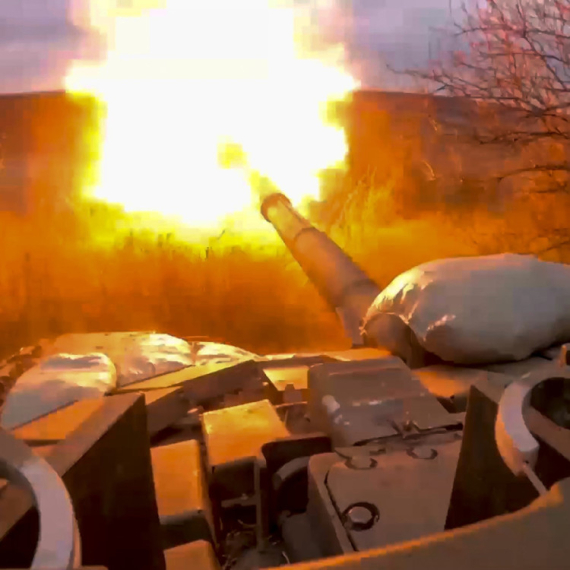
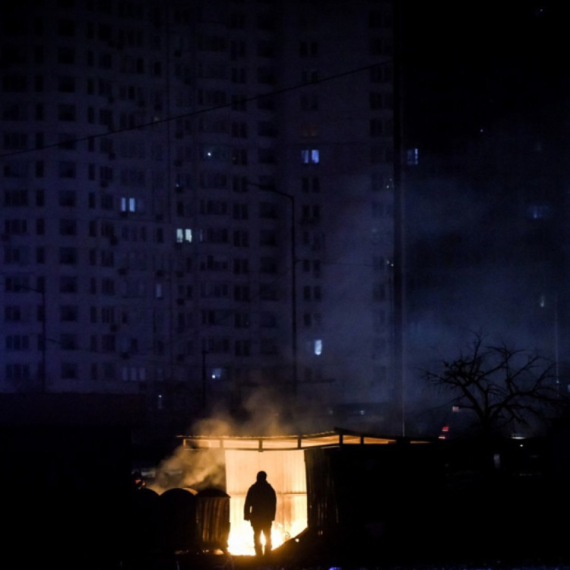
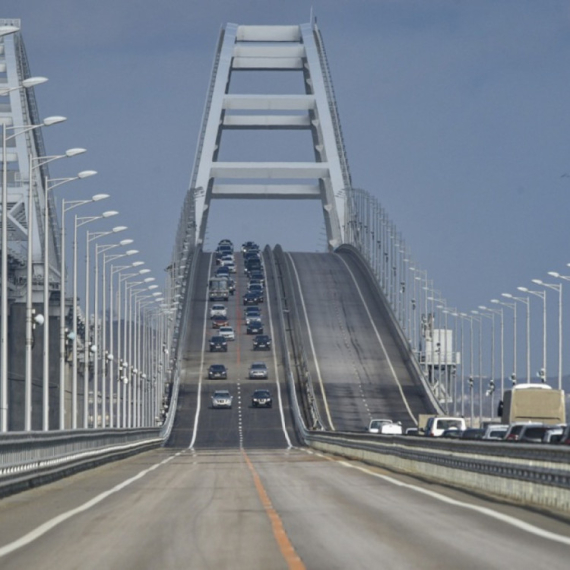
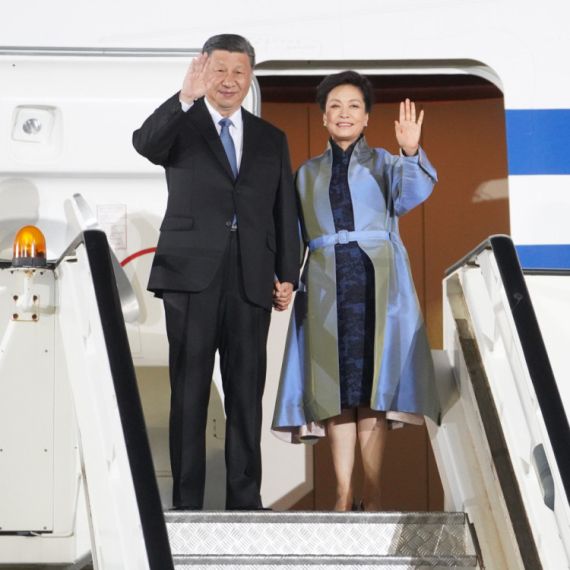







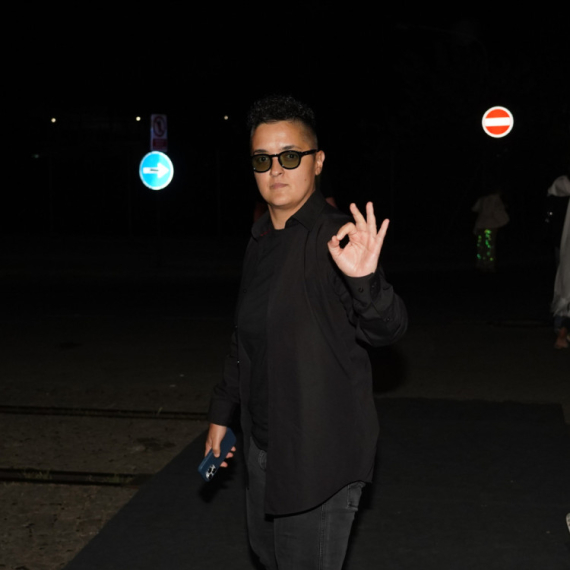

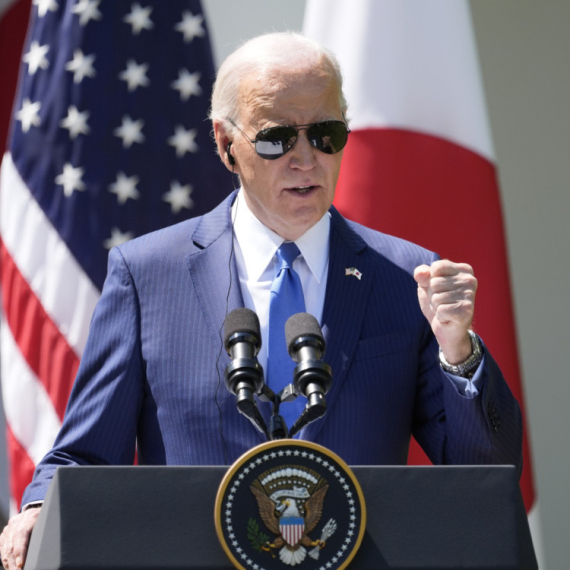
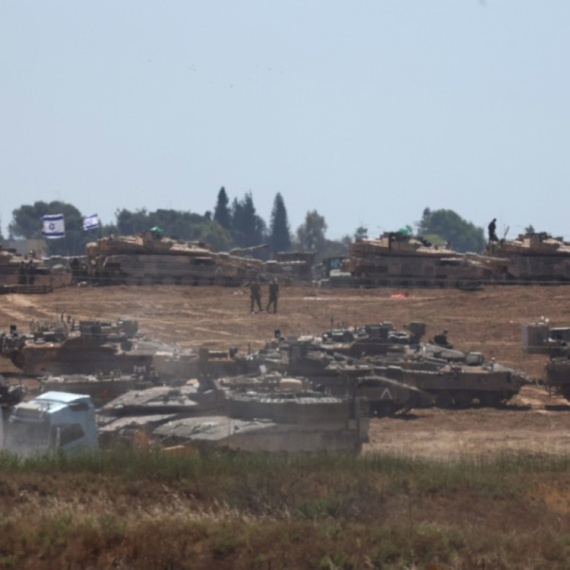
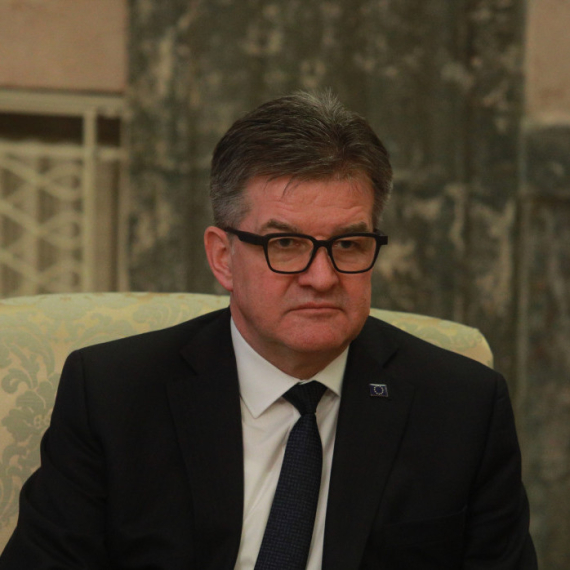






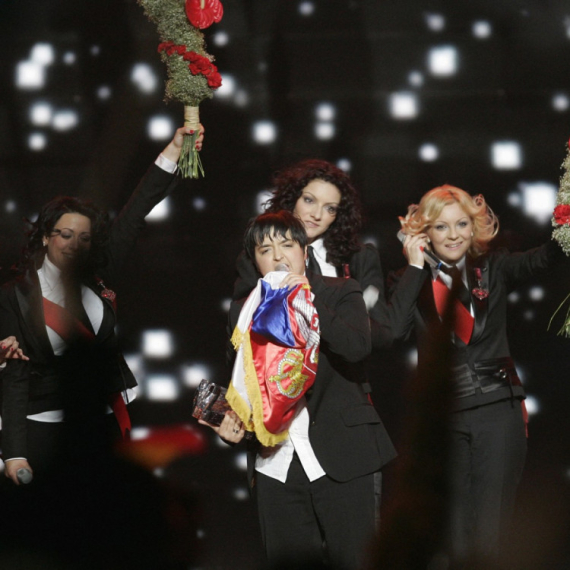








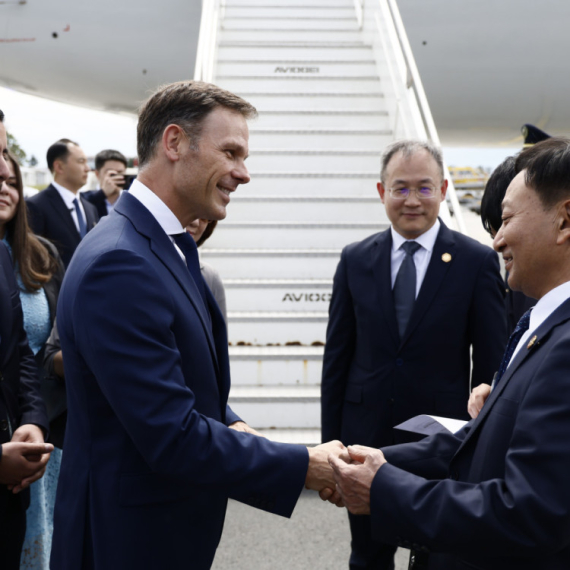
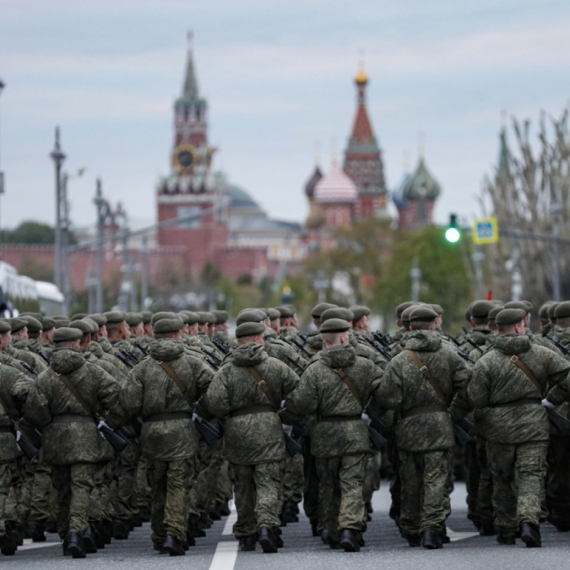
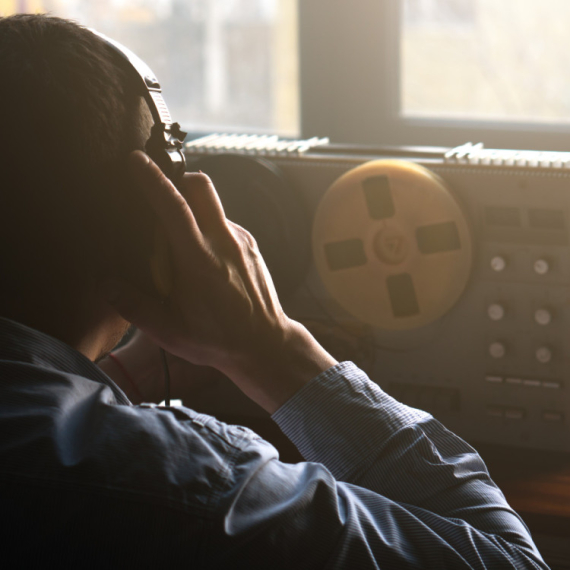
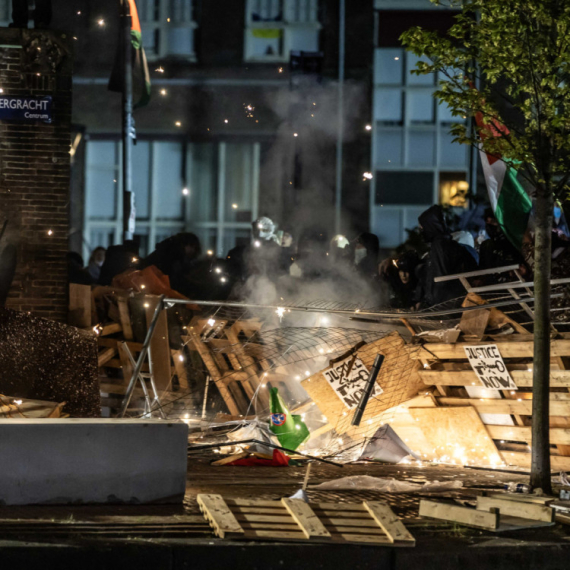

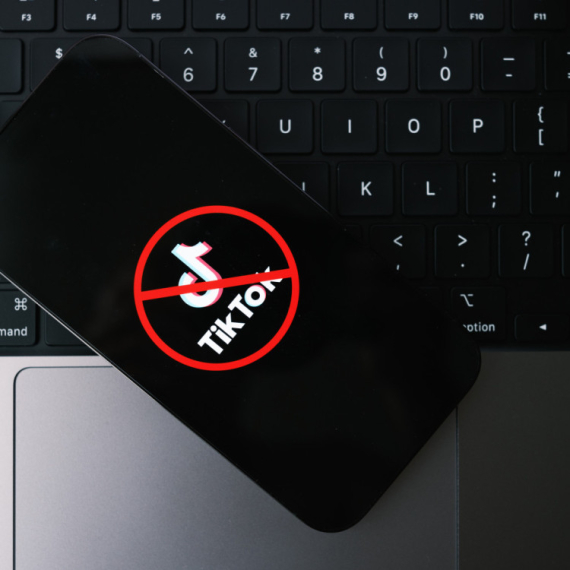










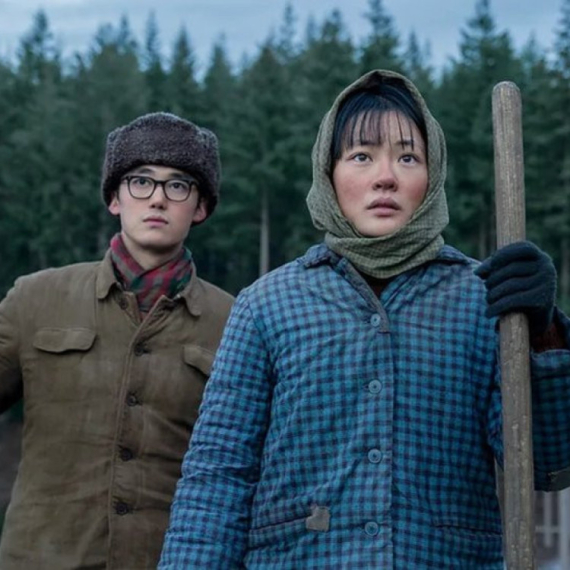
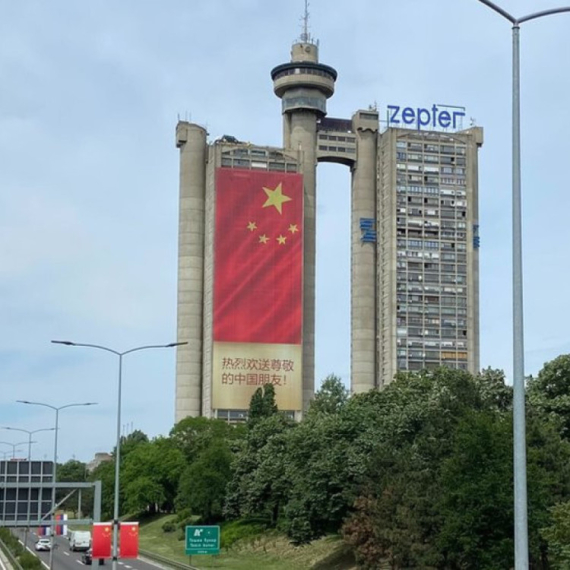

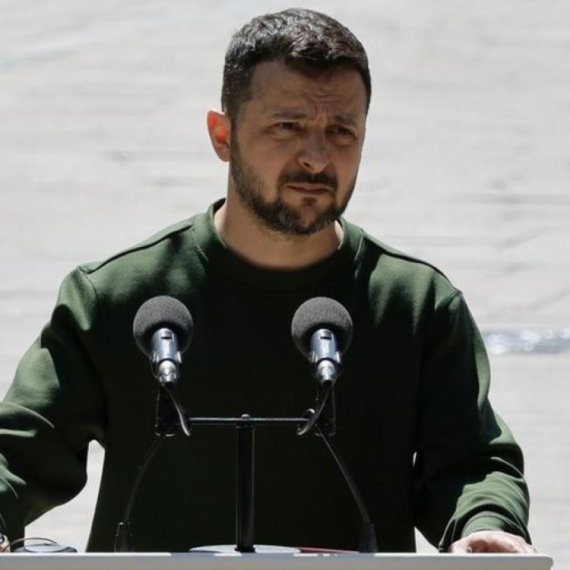

Komentari 0